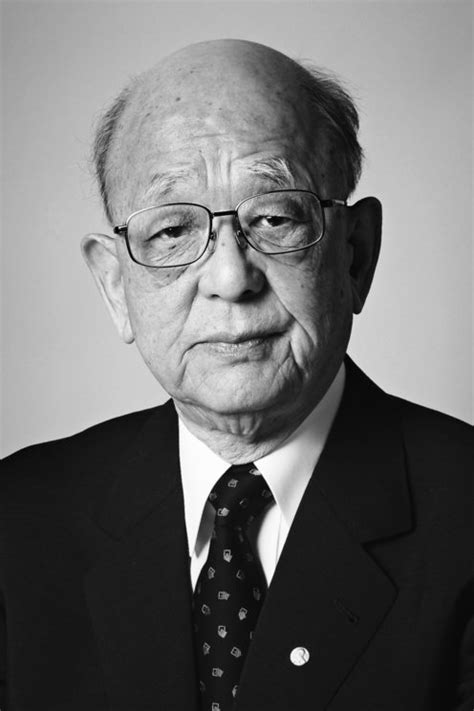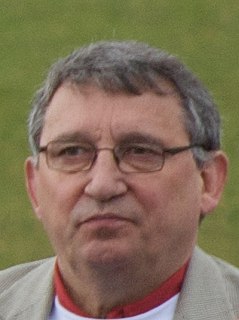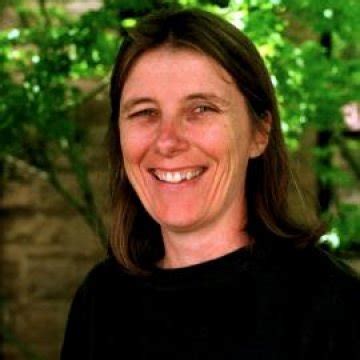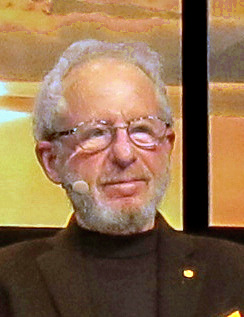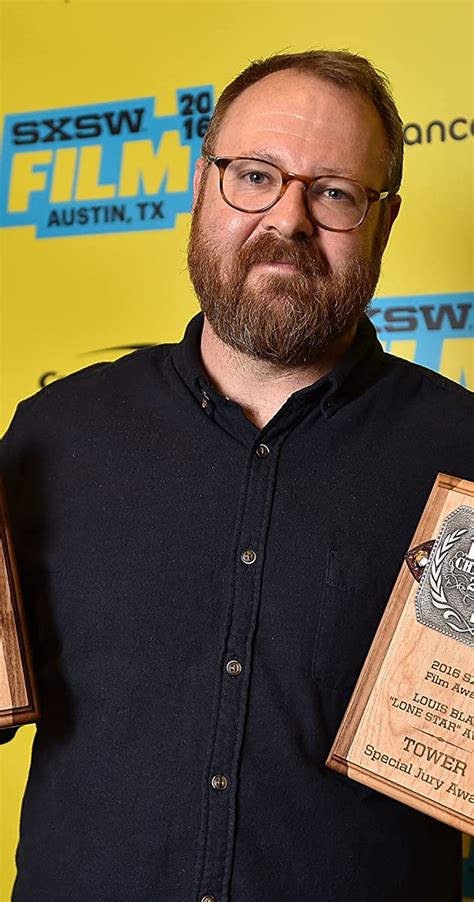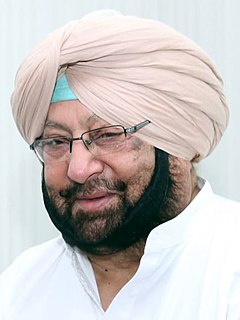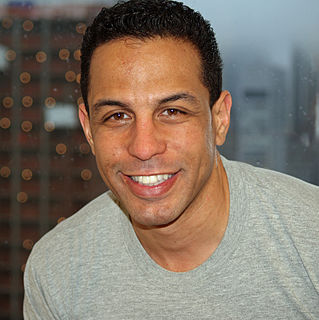A Quote by Akira Suzuki
Including my nine years as a student, the majority of my life has been at Hokkaido University. After my retirement from the university in 1994, I served at two private universities in Okayama Prefecture - Okayama University of Science and Kurashiki University of Science and the Arts - before retiring from university work in 2002.
Related Quotes
I flunked my exam for university two times before I was accepted by what was considered my city's worst university, Hangzhou Teachers University. I was studying to be a high school English teacher. In my university, I was elected student chairman and later became chairman of the city's Students Federation.
If it's really true, that the museum at Liberty University has dinosaur fossils which are labelled as being 3000 years old, then that is an educational disgrace. It is debauching the whole idea of a university, and I would strongly encourage any members of Liberty University who may be here to leave and go to a proper university.
The years I would have spent at University, I spent building Student Magazine and Virgin Records. For me that was far more fun and satisfying. I have treated everyday as the University education I never had and think I learnt more about business and life than I would have at University in the process.
Patronizing the Arts is a brilliantly nuanced assessment of why universities must become art patrons. Learning from the twentieth-century university's embrace of Big Science, Garber argues that twenty-first-century universities must rigorously devote their attention to Big Art. Provocative, witty, and layered, Patronizing the Arts cogently demonstrates the advantages for both art and the university in this new and radical alliance.
I've known for years that the university underserved the community, because we assumed that university education is for 18- to 22-year-olds, which is a proposition that's so absurd it is absolutely mind-boggling that anyone ever conceptualized it. Why wouldn't you take university courses throughout your entire life?
My undergraduate years at the University of Nebraska were a special time in my life: the combination of partying and intellectual awakening that is what the undergraduate years are supposed to be. I went to the university with the goal of becoming an engineer; I had no concept that one could pursue science as a career.
I had a certificate that said, 'Doctor of Mixology, Harvard University,' that I actually got from Harvard University. A friend of mine was a research assistant over there and it was one of those student or university perks and she brought me in on that. So I am a doctorate from Harvard and it only took me one afternoon.
